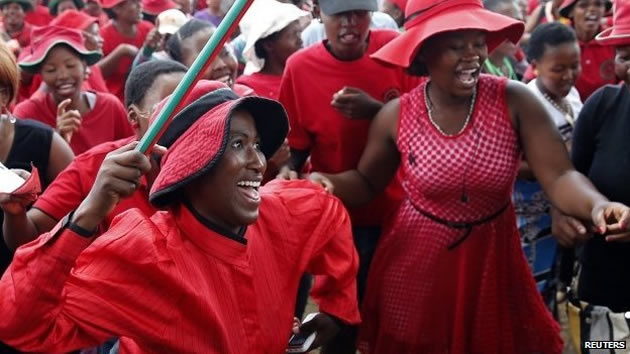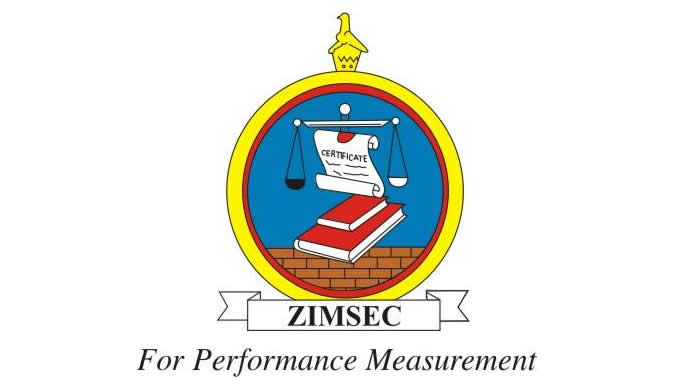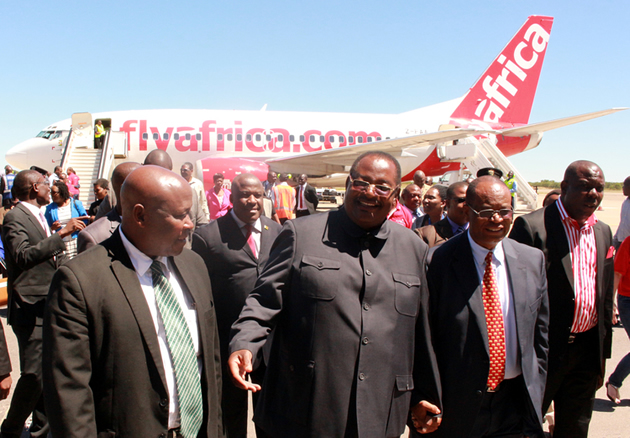Lesotho opposition forms coalition

 Maseru – Opposition parties in Lesotho yesterday formed a coalition government after beating Prime Minister Thomas Thabane’s party in snap elections aimed at bringing stability following a coup bid.
Maseru – Opposition parties in Lesotho yesterday formed a coalition government after beating Prime Minister Thomas Thabane’s party in snap elections aimed at bringing stability following a coup bid.
Former premier Pakalitha Mosisili’s Democratic Congress party picked up the most number of seats but fell short of an outright majority and then teamed up with six smaller opposition groups to form a coalition government in the tiny southern African kingdom.
The parties “have joined forces to form a government that will serve Basotho,” Mosisili said, referring to Lesotho nationals.
Premier Thabane’s party had held a narrow lead during early counting of Saturday’s vote.
But in the final tally his party fell to second place with 46 of the 120 national assembly seats. The opposition Democratic Congress wrested 47 seats.
The six other opposition parties which have joined Mosisili have given him an 18 extra seats in the national assembly and a majority.
Completely landlocked by South Africa, Lesotho is one of the world’s poorest countries.
It has been in crisis since June 2014, when Thabane suspended parliament to avoid a motion that would have seen him ousted from power after the previous fragile coalition government fell apart.
On August 30, soldiers attacked police headquarters, looting weapons and killing one officer.
Thabane described the violence as a coup attempt fuelled by the opposition and fled to neighbouring South Africa.
Both the military and opposition denied any bid to seize power. “There is no security problem in Lesotho, the problem was Prime Minister Thabane,” Mosisili yesterday.
He pledged that the new “government’s first assignment is to bring normalcy.”
Saturday’s regionally-brokered election, held two years early, was hailed by international observers as peaceful, free and fair.
“Since there is no one party with 61 seats plus, they’ll have to negotiate which party will form the government,” poll commission spokesperson Tsuoe Hants’i said.
Current Deputy Prime Minister Metsing, whose differences with Thabane fractured the last coalition, is among the politicians who have clustered around former prime minister Mosisili. He will become the new deputy premier.
Mosisili was prime minister from 1998 to 2012. In the last election, his party won most of the seats but Thabane then won over the smaller parties.
Yesterday’s results brought warnings by analysts that Lesotho’s political instability was far from over.
“For Lesotho this means another term of uncertainty, unless Mosisili has learned from the mistakes of the last government,” said Tsoeu Petlane, director at the Maseru-based think-tank Transformation Resource Centre.
“How he handles the security issues between the army and the police will be crucial to deciding if this new coalition will be stable or not.”
On Monday, observers from the Southern African Development Community (Sadc) said laws and policies governing coalition governments in Lesotho needed to be reviewed.
“We think this time around, whatever the outcome, the government should be better able to deal with the issues ahead,” said South Africa’s Foreign Minister Maite Nkoana-Mashabane, who led the Sadc team of observers.
Meanwhile, South African Deputy President and Sadc facilitator Cyril Ramaphosa arrived in Lesotho yesterday following general elections that were held in the country.
“The deputy president is on a working visit in Lesotho today and tomorrow,” said spokesperson Ronnie Mamoepa on Wednesday night.
“He is expected to pay a courtesy call to King Letsie III and also meet with political role players before returning to South Africa.” – AFP










Comments